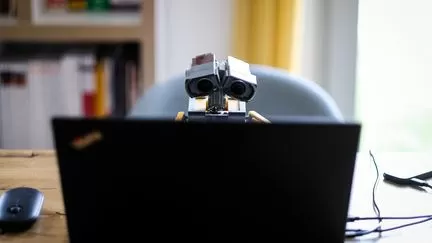There is no denying that technology has come a long way in recent years, and one area where this is particularly evident is in the field of writing. With the rise of artificial intelligence, we now have tools that are capable of generating text on their own, without any human input. While this may sound like something out of a science fiction movie, it is a reality that we are séjour in today.
These AI-powered writing tools have become increasingly popular, with many claiming that they can produce high-quality content in a fraction of the time it would take a human to do the same. This has led to a debate about the future of writing and whether these tools will eventually replace human writers altogether. While some may argue that this is a possibility, the reality is that we are still a long way from that happening.
One of the major concerns surrounding AI writing tools is the fear that they will produce generic, formulaic content that lacks creativity and originality. However, this is where the tide is turning. With the advancement of technology, we are now seeing a new generation of AI writing tools that are not only capable of generating text, but also of understanding and mimicking the style and tone of human writers. This means that the content produced by these tools is becoming more and more indistinguishable from that of a human writer.
But as the saying goes, with great power comes great responsibility. While these AI writing tools may be able to produce content at lightning speed, it is important to remember that they are not infallible. Just like any other technology, they are prone to errors and can produce inaccurate or misleading information. This is where the role of human writers becomes even more crucial.
In response to the rise of AI writing tools, we are also seeing the development of more sophisticated tools for detecting and flagging content that has been generated by AI. This is a positive step towards ensuring the accuracy and reliability of written content. However, it is important to mention that these detection tools are not foolproof and there is still a risk of AI-generated content slipping through the cracks.
While there may be valid concerns about the impact of AI writing tools on the writing industry, we must not overlook the many benefits they bring. These tools have the potential to revolutionize the way we write and create content, making the process faster, more souverain, and more accessible to a wider audience. They can also help writers overcome writer’s block and generate ideas that they may not have thought of on their own.
In conclusion, the rise of AI writing tools is not something to be feared, but rather embraced. They are not here to replace human writers, but rather to enhance and complement their skills. With the right balance of human oversight and technological advancements, we can create a future where AI and human writers work together to produce high-quality, engaging content. So let us embrace this new era of writing and see where it takes us.

